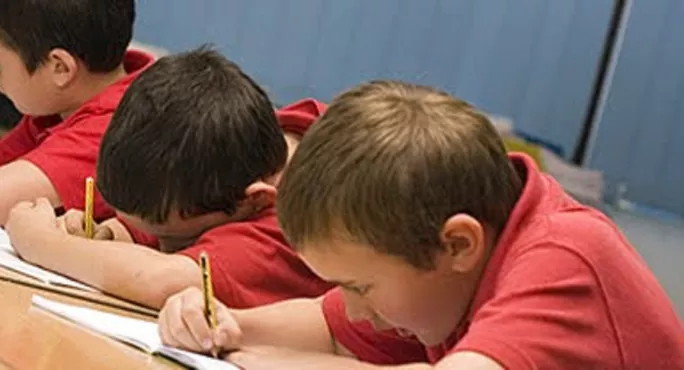Assessment in primary schools is a complete mess. The three baseline schemes have been found wanting; the national assessment specifications are believed to be unrealistic; the criteria for assessing writing at the end of key stage 2 have been heavily criticised; the removal of levels has led to massive uncertainty and confusion.
Why is this? Is it the fault of politicians with ideas that have no grounding in classroom reality? Partly. Is it the fault of the Department for Education, staffed by civil servants who have never assessed, let alone taught, actual children? Partly. Is it the fault of the department’s educational “advisers” with their own educational and even mercenary agendas, involving conflicts of interest they never acknowledge? Again, partly. Is it the fault of Ofsted for making far too much of performance data in its overall judgments, despite that data’s contestable reliability and validity? Yet again, partly. Or finally, is it the fault of headteachers for failing to challenge, and often compounding, the unrealistic demands made on their staff by ministers, the DfE and Ofsted. The answer is yet again, partly.
But underlying all these partial answers is a fact that no one is really prepared to acknowledge.
‘Admit our ignorance’
We need to acknowledge, not shamefacedly but honestly, the extent of our ignorance. We have no firm, reliable, systematic way of assessing children’s understanding. We can’t get inside their heads - thank goodness. Like us they cannot fully articulate what they are thinking and learning to help us assess where they are. The way they develop their understanding is fearsomely complex, often idiosyncratic and far from fully or even adequately understood even after a century or more of psychological research. Our test instruments are crude and partial; no wonder the three baseline tests are not comparable. With our grossly imperfect testing “technology”, any tests designed for any age group are going to be incomparable.
We are in a mess - largely of our own making because we have believed the myth of assessment and have failed to acknowledge the extent of our ignorance. At best, the most we can claim is an intuitive, very partial and inevitably subjective form of assessment borne out of working closely with children - talking with and observing them on a day-to-day basis in class. That is all. That reflects the complexity of learning, the idiosyncratic nature of children and the very limited extent of our knowledge.
This may be uncomfortable but it’s the reality. We, and the government, need to recognise it.
Colin Richards is a former primary school teacher, university professor and HMI




